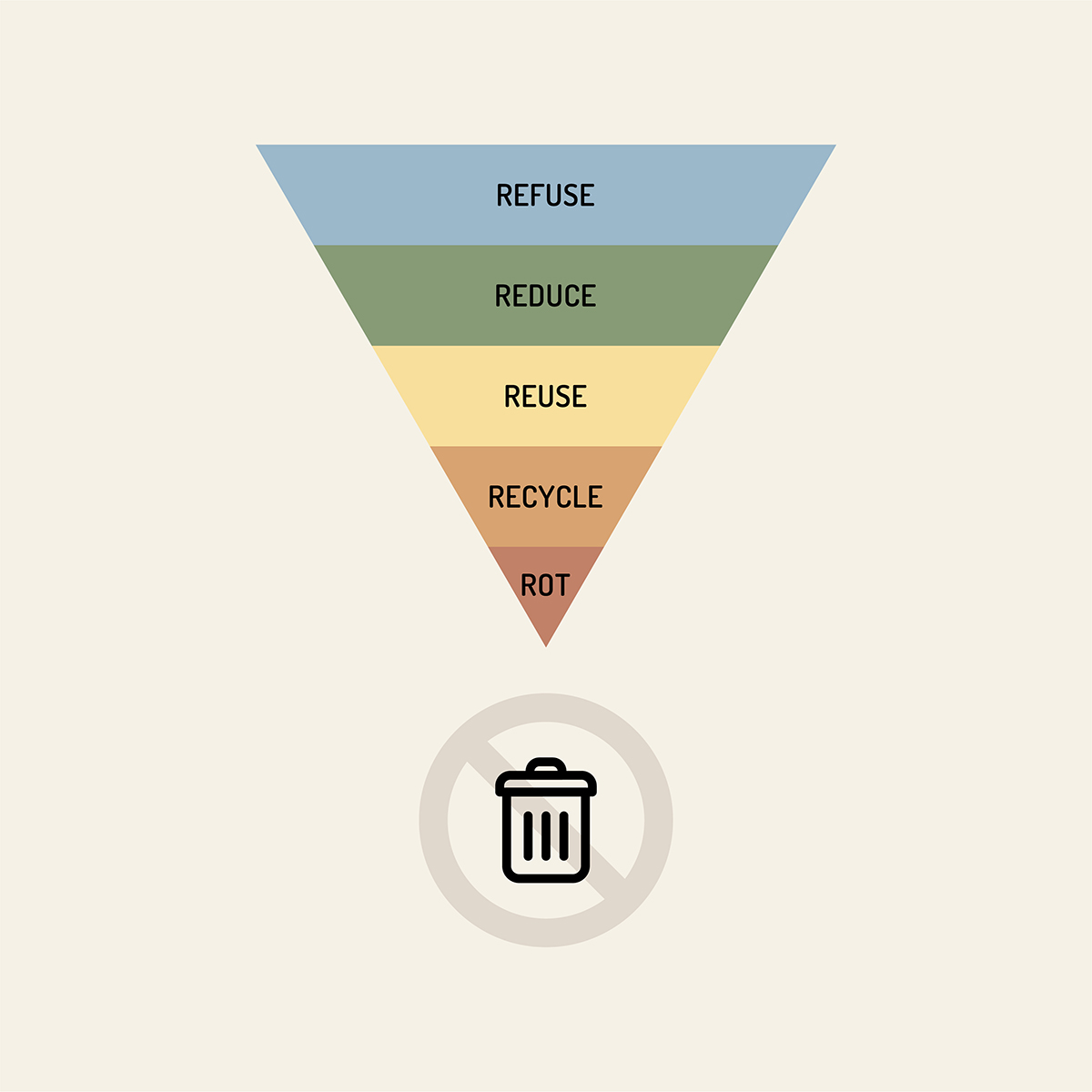What can your company do for greater environmental sustainability?
The changes on our Planet Earth have emerged at an overwhelming pace and represent serious threats to the health and well-being of the population, biodiversity and the future of nature. From the increase in the global average temperature, to the extinction of several species of plants and animals, to the successive occurrences of natural disasters (fires, floods, hurricanes, polar ice melting, etc.) to the risk of losing resources necessary for people’s daily lives, compromising the human species.
It is up to us, therefore, to stop to reflect on these trends and to take measures that are within our power to try to reverse them.
In this way, TurnGreen was born, an initiative by barpa whose main objective is to develop actions within the scope of environmental sustainability, as well as to raise awareness and train employees on how small actions on a day-to-day basis have a huge impact on combating climate change.
Here are some examples:
Application of the 5R’s
The 5R’s Policy consists of a cycle that essentially aims to reduce the waste produced and, consequently, the reduction of waste:
Refuse everything we don’t need
• Rejecting disposable content and opting for lasting solutions, refusing gifts at events or even delivering unsolicited mail to our homes.
Reduce everything we need
• Rethink our needs and reduce consumption of water, energy, food waste, clothes, toys, gadgets, etc.
Reuse everything we consume
• Choose reusable alternatives (household utensils, hygiene products, packaging, appliances, etc.), take advantage of the initial shower or rain water or even reuse parts of the food in the preparation of meals.
Recycle everything that cannot be refused, reduced or reused
• Plastic, paper/cardboard and glass packaging must be placed in the usual containers (see Image 2). There are also specific deposits/places for medicines, cooking oil, batteries, electrical appliances, lamps, tires, automobiles, clothing and footwear, organic waste, among others.
Compost (Rot) everything that cannot be refused, reduced, reused or recycled
• This process of recycling organic matter (from the garden, kitchen, etc.) results from the action of microorganisms that transform biodegradable waste into compost. There are some types of composting such as industrial, domestic or community.
On barpa:
• We opted for the digitalization of our processes, drastically reducing paper printing (catalogues, printed matter, flyers);
• We eliminated several types of disposables (cups, coffee straws, single-use plastic bags);
• We reuse cardboard packaging to ship our material;
• We recycle plastic, paper/cardboard, glass, batteries, medicines and organic waste
Energy Savings
Talking about energy is the order of the day, it is necessary in most moments of our lives and, whether it comes from renewable or non-renewable sources, it requires an effective management of the resources available in nature. Given the increase in demand and the reduction in energy supply, it is crucial that we find solutions to the current problem of the energy crisis, namely:
• Increase supply and demand for sustainable solutions (renewable and green energies)
• Reduce energy consumption
• Decrease consumption in general (which leads to reduced energy consumption)
On barpa:
• We installed Solar Panels in our building;
• We favor natural light and ventilation;
• We use LED lighting;
• We turn off the lights whenever we leave a space that will be empty;
• We use the dishwasher;
• We opted for energy efficient appliances.
Sustainable Food
Food waste is responsible for a significant % of greenhouse gas (GHG) emissions into the atmosphere and represents very high costs in the global economy. When we waste food, we waste all the resources needed to produce it. Food waste can be dealt with by developing more sustainable agricultural practices, changing household and eating habits. Some examples go through:
• Plan meals
• Effectively manage expired products
• Grow your own food
• Reuse the various parts of food
• Properly preserve food
• Opt for a plant-based diet (fruits, vegetables, cereals, pulses) and reduce the consumption of meat, fish, dairy products, processed foods, salt, sugar, oils
• Prefer fresh and seasonal foods
• Buy from local producers
• Comply with the 5R’s when buying food and preparing it
Sustainable Mobility
Urban mobility should focus on the ease of moving goods and people in urban areas, with the aim of improving people’s quality of life and ensuring good accessibility for all residents and workers.
Sustainable mobility is concerned with efficient public transport systems (electrification), improving transport routes, good connectivity, amplifying pedestrian and cycling options, LEED strategies, “15-minute” cities, implementation of automation/connectivity/BIG Data, etc…
On barpa:
• We are transitioning our fleet to electric cars;
• We installed electric car chargers at our facilities;
• We have the option of teleworking for functions that allow it;
At barpa we believe that we all have an increased responsibility in changing the world, and this is urgent. You, can also do the same in your company!



Sorry, the comment form is closed at this time.